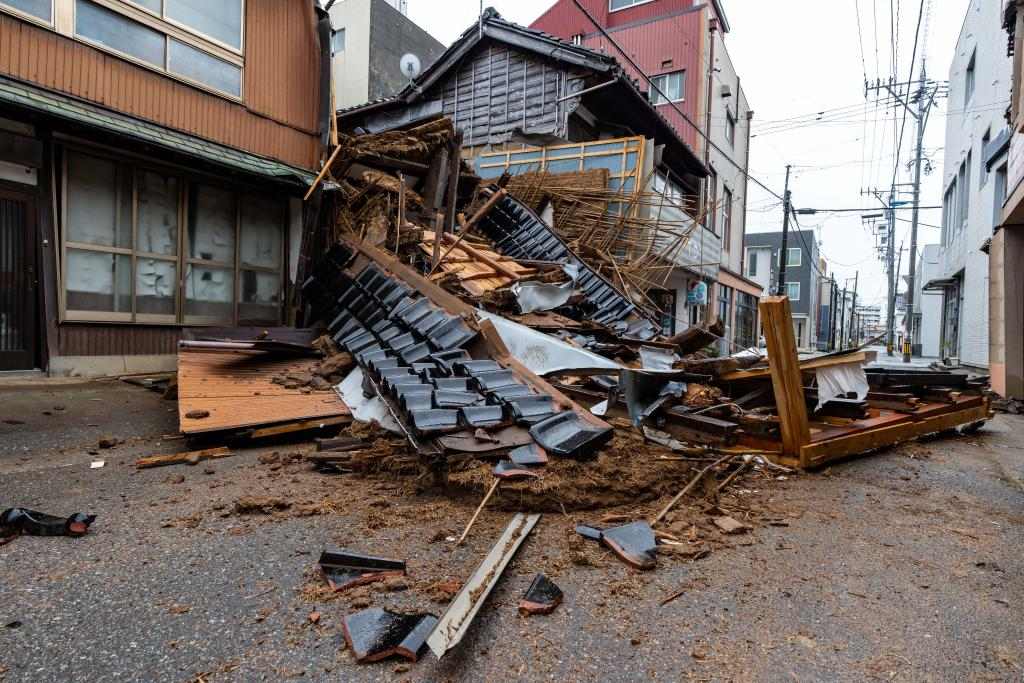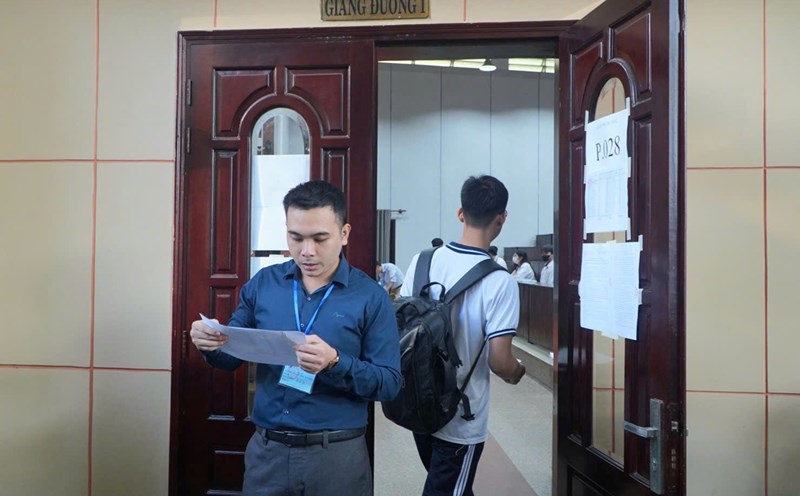Over the past 48 hours, the sea off the island of Hokkaido, northernmost Japan, has been rocked by at least 6 earthquakes, with intensity ranging from 4.3 to 6.3 degrees richter.
Although experts say there are no signs of a "super earthquake" coming, local authorities have immediately issued a warning to people: "Prepare for the worst case scenario".
Notably, the earthquakes occurred near Chishima groove - the collision area between the Pacific and North American tectonic areas. It was this place that was once a spot of super earthquake matches in history, such as the Richter 9 earthquake in 1952 off the Kamchatka peninsula (Russia) or the double earthquake and tsunami disaster in 2011 that killed more than 18,000 people.
According to the Japan Meteorological Agency (JMA), these earthquakes are still within the differential, unconnected threshold, with no factors causing large-scale earthquakes. However, the threat cannot be underestimated.
We cant predict an earthquake, but the risk of a super earthquake in the area is real, and it can happen at any time, advisory professor Fumiaki Tomita from Tohoku University warned.
A study published in March showed that the buildup of stress along the Chishima ditch could cause seismic activity of up to 9 degrees richter, accompanied by a 30m high Tsunami, equivalent to a 10-storey building.
In the worst-case scenario, the JMA estimates that about 199,000 people could be killed, especially if the disaster occurs in the harsh winter.

Not out of danger, coastal town of Hiroo, which is just a few dozen kilometers away from the center of the earthquake, has clearly felt the recent earthquakes.
A town official said that people were not too scared but had received a new warning from Hokkaido province to raise their vigilance.
The JMA has issued a detailed leaflet for residents in the Northern provinces, emphasizing: "Ready to evacuate at any time, prepare food, drinking water and first aid". Those living in areas at risk of Tsunami should immediately move to higher ground when there is a warning.
Although nothing can be confirmed, the reality of what is happening in Hokkaido is a scary reminder: With natural disasters, subjectivity can cost lives. More than anyone else, Japanese people understand that preparing early is always better than regretting it later.











